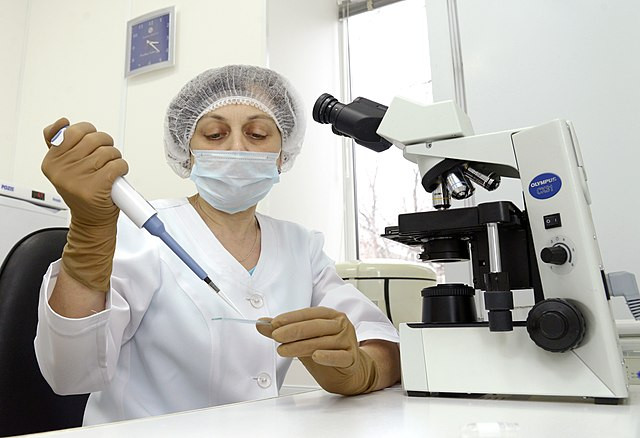Alabama Governor Kay Ivey signed a bill into law late Wednesday aimed at protecting in vitro fertilization (IVF) patients and providers from legal liability, following an unprecedented state Supreme Court ruling last month that threw the future of fertility care in the state into turmoil. The Republican-backed legislation, which passed both the Alabama House and Senate before receiving Ivey's signature, aims to provide civil and criminal immunity to providers and patients for the destruction or damage to embryos and will apply retroactively.
The new law comes as a response to the state Supreme Court's decision, which ruled that frozen embryos are human beings and those who destroy them can be held liable for wrongful death. The ruling, stemming from a case involving the accidental destruction of frozen embryos at a fertility clinic, led three of the state's limited pool of IVF providers to immediately pause some services, sending families out of state for treatment and raising concerns about skyrocketing costs for fertility services.
While the legislation aims to provide immediate relief for families who have lost access to IVF services, experts warn that it does not address the core issue of personhood at the heart of the court's ruling and that more work will be needed to fully protect fertility services in the state.
"The law does not nullify the Supreme Court's analysis that says the law ought to treat embryos just like people," Katherine Kraschel, an assistant professor at Northeastern University School of Law, told CNN. She noted that ambiguity in the language of the legislation could give clinics "great pause before resuming treatment."
Concerns have also been raised about the legislation's potential to insulate providers from standard medical malpractice claims. State Sen. Larry Stutts, the lone lawmaker who voted against the measure in the state senate, criticized the bill's language, arguing that it is "not an IVF protection bill, it's an IVF provider and supplier protection bill" that limits mothers' ability to seek recourse.
Despite these concerns, some IVF clinics are preparing to resume services as early as this week. Alabama Fertility, in Birmingham, plans to restart IVF treatments on Thursday or Friday after canceling at least 35 frozen embryo transfers in the 12 days following the court's decision. The University of Alabama at Birmingham, the state's largest health care system, also announced it would restart its paused IVF services.
However, The Center for Reproductive Medicine at Mobile Infirmary, the defendants in the state Supreme Court case, will not yet resume IVF services. In a statement, the clinic said, "As we understand the language of the proposed law, as it stands, we are not reopening our IVF facility until we have legal clarification on the extent of immunity provided by the new Alabama law."
IVF patients expressed cautious relief at the news of the legislation's passage. Elizabeth Goldman, a uterus transplant recipient who sold her home and moved to Birmingham to start a family, said she was "thankful" to lawmakers for coming together quickly and helping clinics reopen. Gabrielle Goidel, who invested more than $20,000 into IVF treatment in Alabama before having to leave the state to continue treatment, said the news left her and her husband in tears.
Governor Ivey acknowledged that the new law was a quick fix and that "there will be more work to come" on IVF protections. "I am pleased to sign this important, short-term measure into law so that couples in Alabama hoping and praying to be parents can grow their families through IVF," she said in a statement.
As the state grapples with the implications of the Supreme Court's ruling and the new legislation's limitations, IVF patients and providers remain hopeful that this is a step in the right direction, while recognizing that a more comprehensive solution is needed to ensure long-term access to fertility services in Alabama.






